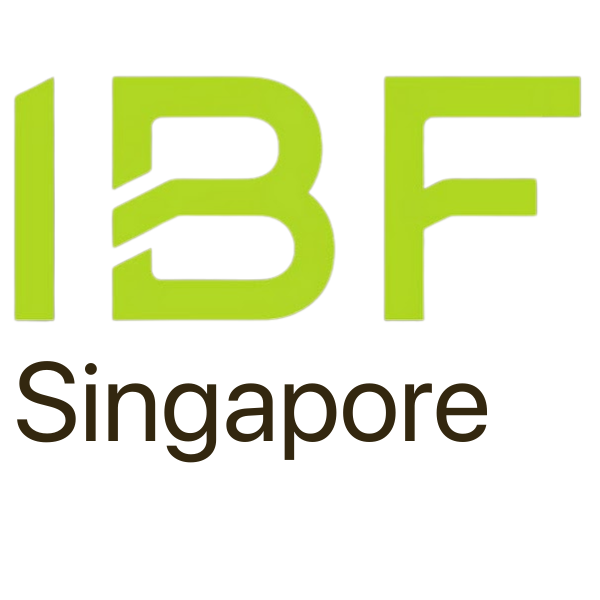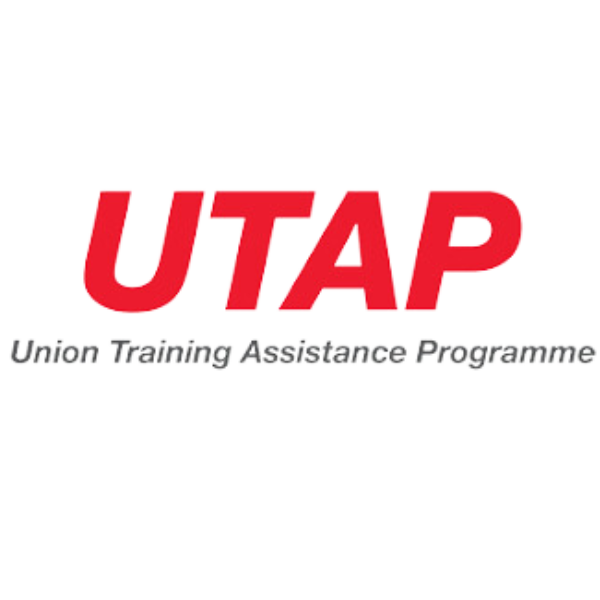Hazik Mohamed (PhD, MSc. Finance, BSc. Engineering)
Hazik began his career in engineering where he devoted 10 years building significant experience in problem-solving, strategy and operational leadership. He then spent the next 14 years building start-ups and developed adept skills at building businesses, where he has helped countless MSMEs and consulted for regional/international organizations on various business-related issues. As a subject matter expert, he has supported many initiatives through AI-driven solutions, Big Data analytics, financial reporting, project management and coordination of workstreams.
His past major corporate clients include ASEAN Secretariat, national financial offices, and the UNCDF where he was engaged as an external consultant for several projects.
Dr Hazik is well-versed in both conventional and Islamic economic and banking/financial systems, but this course will focus on the conventional banking/financial digital transformation approaches within the Singaporean and global markets.




